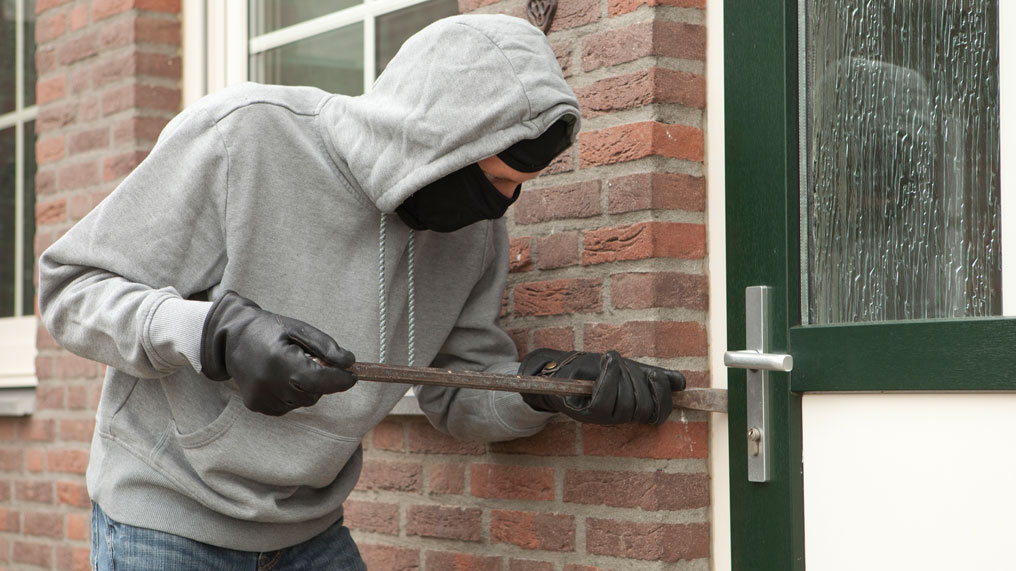Everyone gets excited about holidays.
But before you start packing your suitcase, make sure you’ve done all you can to protect your home from a break-in while you’re away.
Burglars often strike during school holidays, when they know homes are sitting empty.
Thieves can pick up on various signs to establish whether a house is likely to be unoccupied. Clues include spotting an overgrown front lawn, deliveries clogging the letterbox area, and even overhearing people discussing their upcoming holidays in public places.
The good news is there are plenty of things you can do to ensure you don’t become a victim of burglary.
Here are our top six common sense tips.
1. Ask neighbours to pop in
When planning a break-in, burglars often watch your home to make sure no-one’s in.
Ask your neighbours to pop in every couple of days to check everything is okay. Not only will it give you peace of mind that they’ll alert you if there are any problems, but knowing someone could catch them in the act is likely to prove a big deterrent for any potential thief.
2. Don’t broadcast your break
Tempting as it may be to upload a sun-lounger-selfie onto whichever social media sites you use, remember that you risk alerting burglars to the fact you’re away.
Loads of us are guilty of letting the world know when we’re off on our hols, often giving exact dates and timings. If you really can’t resist bragging about your break, make sure your social media settings are private so that only verified contacts can see your photo and status updates.
Remember too that thieves will often eavesdrop into conversations to find out when properties are going to be empty, so watch what you say when you’re on the bus or in the pub.
3. Hide valuables
Burglars often like to do a bit of window-shopping before they break in.
If they can see all sorts of tempting treats in your home, such as expensive electrical items, silverware, jewellery or antiques, then your property will become a prime target. Put away any valuables that are on display so they can’t be seen from outside.
4. Cancel milk and newspapers
Perhaps the biggest giveaway that you’re not at home is having pints and papers piling up on the doorstep.
Cancel any regular orders you have for the time you’re away, and ask a neighbour to keep an eye out for any post that might be protruding from your door so they can put it inside.
5. Move the spare key
Lots of us leave a spare key under the nearest plant pot or under the doormat, but burglars will often check these places first to see if they can gain easy access. Never leave a key outside your property – instead give it to a neighbour or relative for safekeeping.
It’s also worth noting that if a burglar gains access to your home using a key you’ve left outside, there’s a high chance it will invalidate your home insurance, as the burglar was able to enter without using force.
6. Lock up ladders and tools
Ladders and tools lying around the garden can make a burglar’s job much easier, enabling them to gain access to your property while you’re away.
Make sure they’re locked away where they can’t be seen.




